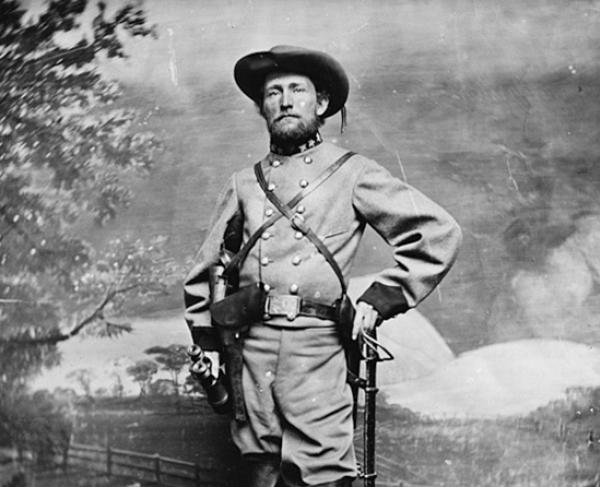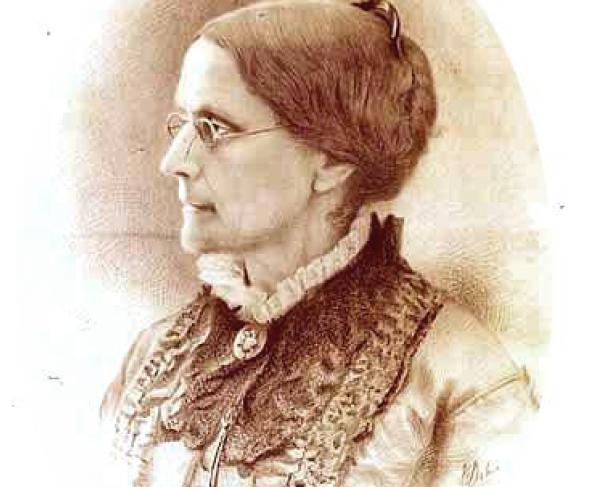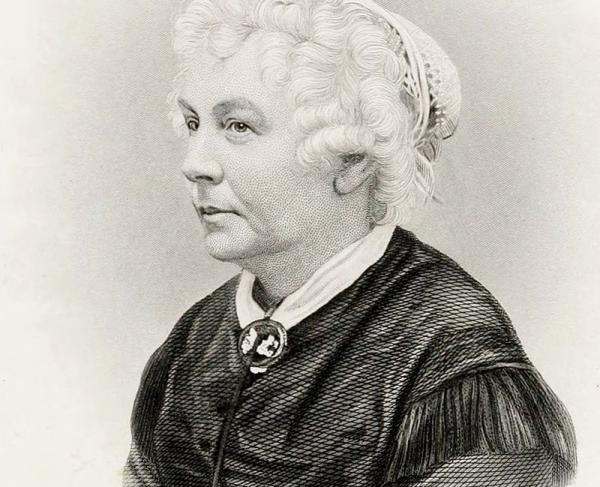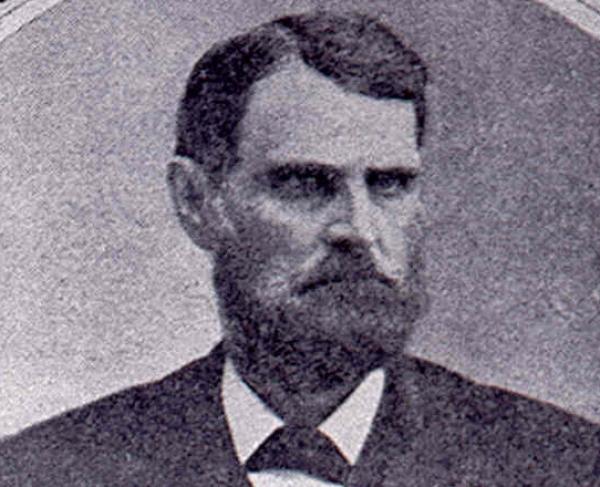John Singleton Mosby

The Confederacy had its share of heroic cavalry officers, including J.E.B. Stuart and Nathan Bedford Forrest, but none had quite the mystique of "The Gray Ghost."
John Singleton Mosby was an unlikely hero. Born in 1833 in Powhatan County, Virginia, he was a sickly child and was often picked on at school. Being bullied did not seem to bother Mosby, however, as he had exceptional self-confidence, and he learned to fight back at an early age.
In 1849, he attended the University of Virginia, excelling in Classical Studies, but once again he ran up against bullies. During a confrontation with a fellow student, Mosby pulled a pistol and shot his adversary in the neck. He was promptly arrested, sentenced to one year in jail, and issued a $500 fine. He was also expelled from the university.
After receiving a pardon from the Governor of Virginia due to ill health, Mosby was released from jail in early 1854. During his time in jail, he had befriended the prosecuting attorney, William Robertson, who allowed Mosby the use of his law library. Mosby continued to study law after his release, and was admitted to the bar that same year.
In 1857, after establishing his law practice in Howardsville, Virginia, Mosby met and married Pauline Clarke. They would eventually have three children.
When the Civil War began, Mosby spoke out against secession, but joined the Confederate army as a private, serving in the "Virginia Volunteers," a company of mounted infantry, that fought at the battle of First Manassas (Bull Run). During this time Mosby's exceptional skill at gathering intelligence came to the attention of J.E.B. Stuart. In early 1862, Mosby was promoted to First Lieutenant and assigned to Stuart's cavalry scouts. He was captured by Union cavalry and briefly imprisoned in the Old Capitol Prison in Washington, DC before being paroled.
In January of 1863, Stuart placed Mosby in command of the 43rd Virginia Cavalry, which operated as a partisan unit. By this time, Mosby had been promoted to the rank of Major. "Mosby's Rangers" began to conduct a campaign of lightning raids on Union supply lines and harassment of Union couriers. The fame of the unit grew with each success and because of his ability to seemingly appear and disappear at will, Mosby became known as "The Gray Ghost."
Mosby's most famous raid occurred in March of 1863, inside Union lines at Fairfax County Courthouse, when he captured Brigadier General Edwin H. Stoughton. Mosby found Stoughton asleep in bed. Awakening the General with a slap to the rear, Mosby asked "Do you know Mosby, General?" The General replied "Yes! Have you got the rascal?" "No," said Mosby. "He's got you!"
In 1864, General Phil Sheridan's troops in a desperate campaign to stop Mosby, committed acts of retribution, including the execution of prisoners. Eventually this began to take place on both sides. Mosby finally wrote General Sheridan in November requesting a mutual end to the brutality and Sheridan agreed.
Mosby's Rangers continued their operations several weeks after General Robert E. Lee's surrender at Appomattox. Refusing to formally surrender, Mosby (by now a colonel) disbanded his men and all went their separate ways. Because of the large price on his head, Mosby was forced to hide in Lynchburg until General Ulysses S. Grant personally intervened on his behalf and paroled him.
After the war, Mosby became the target of ridicule and even received death threats from some Southerners, as he became not only a Republican, but also a campaign manager for President Grant. The two men became great friends. In 1878, Rutherford B. Hayes appointed Mosby as the U.S. Consul to Hong Kong. Later he worked for the Department of the Interior and as assistant Attorney General.
John Mosby died in 1916 at the age of 82. Of his exploits in the war, he wrote "It is a classical maxim that it is sweet and becoming to die for one's country; but whoever has seen the horrors of a battlefield feels that it is far sweeter to live for it."


